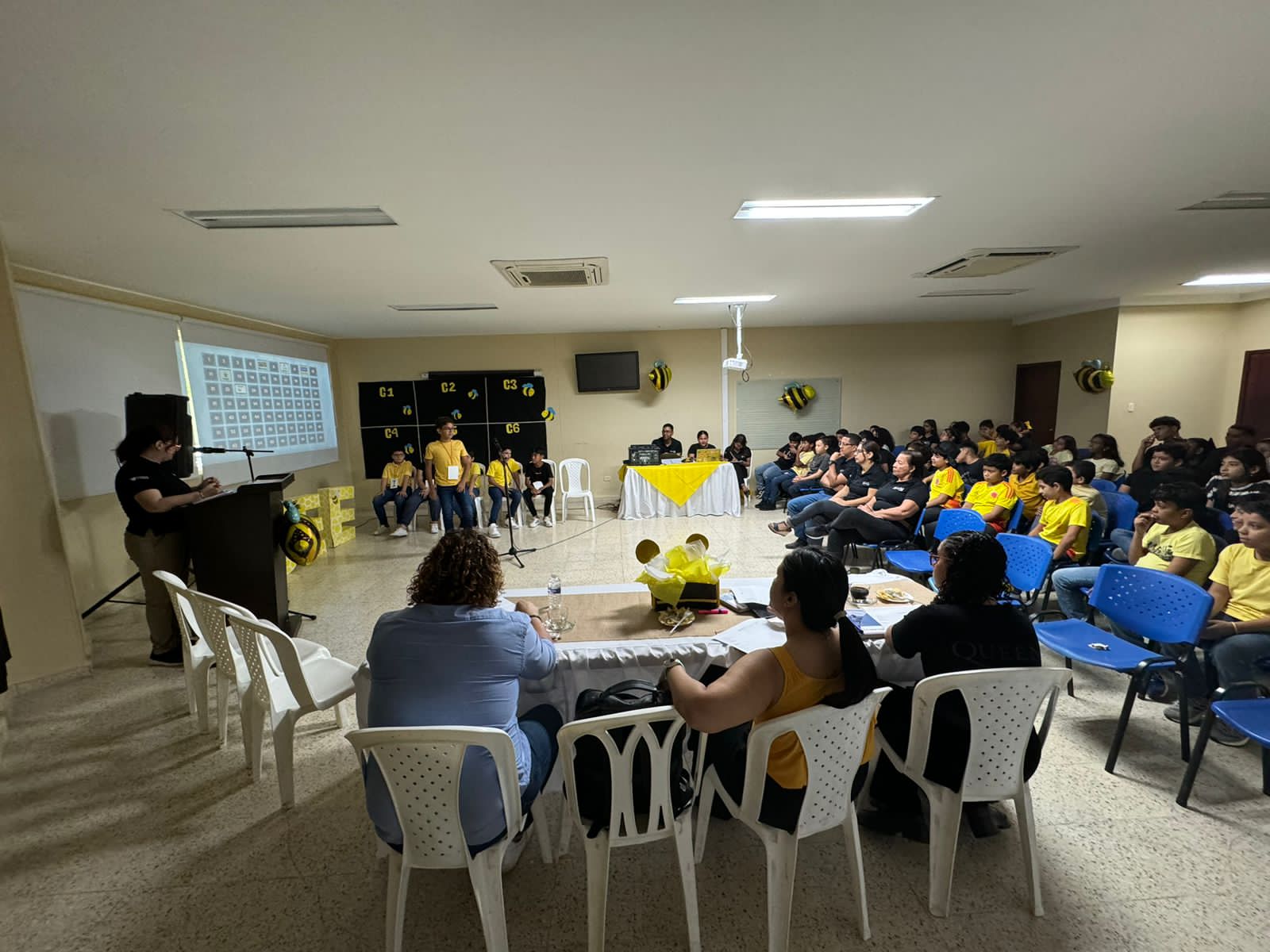The Scripps National Spelling Bee, a tradition since 1925, continues to showcase young academics’ ability to spell incredibly difficult words.
This annual event often leaves adults feeling intellectually humbled, prompting reflection on common spelling errors in everyday life.
Professionals who work with words regularly have identified several words that frequently cause spelling troubles for adults. These include:
- Accommodation: This word is often misspelled as “acommodation,” “accomodation,” or “acomodation.” The correct spelling has two c’s and two m’s. Despite autocorrect and spell check, people still struggle with this word.
- Affect vs. Effect: These words are often confused. “Affect” is usually a verb meaning to influence, while “effect” is usually a noun meaning result or consequence. For example: Correct: The storm had an effect on the town. It affected all the citizens. Incorrect: The storm had an affect on the town. It effected all the citizens.
- A lot: Many people incorrectly write this as one word: “alot.” It should always be two words: “a lot.”
- And: While people don’t typically misspell “and,” they often replace it with an ampersand (&) in formal writing, which is considered inappropriate in resumes and cover letters.
- Canceled: In American English, “canceled” is correct, while “cancelled” is the British spelling. This difference stems from Noah Webster’s efforts to simplify American English spelling.
- Definitely: This word is often misspelled as “definately,” “definatly,” or confused with “defiantly.” The correct spelling has an “i” after the “n” and before the “t.”
- It’s vs. Its: “It’s” is a contraction for “it is” or “it has,” while “its” is the possessive form. This exception to the usual possessive rule confuses many writers.
- High school: Some people incorrectly write this as one word: “highschool.” It should always be two separate words.
- Lead vs. Led: “Lead” is often incorrectly used as the past tense of the verb “to lead.” The correct past tense is “led.”
- Misspell: Ironically, “misspell” is often misspelled with only one “s.”
- Multimillion-dollar: This compound adjective is often incorrectly hyphenated as “multi-million-dollar” or written as “multi-million dollar.”
- Premier: “Premier” means top of the line, while “premiere” refers to a first performance. These are often confused.
- Restaurant: This word is frequently misspelled as “restaraunt” or “resturant” due to confusion about the placement of “u” and “a.”
- Separate: Often misspelled as “seperate” due to confusion about the placement of “a” and “e.”
- Spelled vs. Spelt: “Spelled” is the standard past tense in American English, while “spelt” is more common in British English.
- Alternate Spelling: Various spelling differences words like “theater/theatre,” “gray/grey,” “jeez/geez,” and “blond/blonde” have different accepted spellings, often varying between American and British English.
- There, They’re, Their: These homophones are frequently confused: there: indicates location, they’re: contraction of “they are” and their: possessive form of “they”
Experts note that while spell-check and autocorrect have reduced some spelling errors, they’ve also led to new challenges in word usage and understanding.
They also point out that spelling itself is a relatively recent invention, and even great writers like Shakespeare struggled with consistent spelling.


